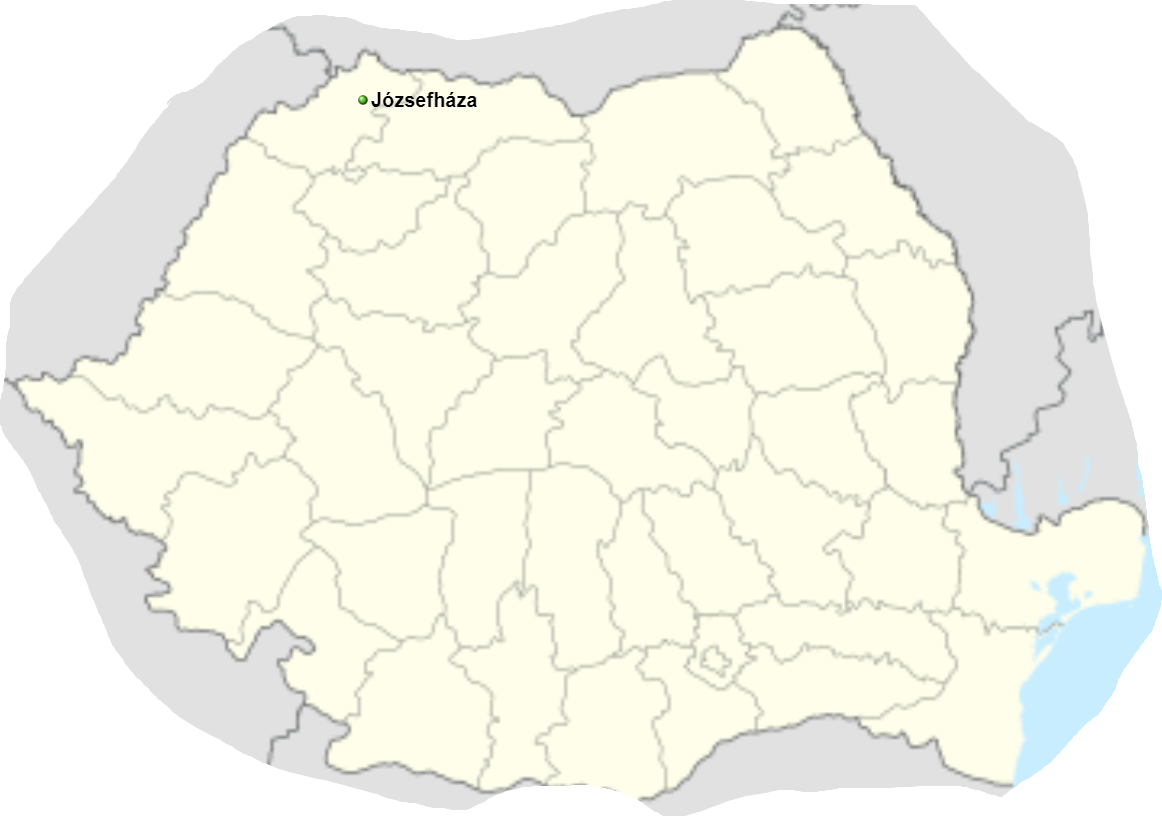Iojib is a village in Medieșu Aurit commune in Satu Mare county, Transylvania, Romania. The first documentary attestation of the village is from 1490, when it appeared in a document with the name Iosyphaza. At the end of the 15th century, with the disappearance of the Mórocz family, the village became the property of the Báthory family, and after 1609 it became the property of the Csomaközi family. After the Peace of Satu Mare, Iojibul became the property of count Sándor Károlyi.
. At the end of the 18th century, the village was owned by the Károlyi family, Count Teleki, Baron Vécsey, Szirmay, Tóth and Kacsó, and it was theirs until the mid-19th century. Other landlord families who had land in the village were the Rátonyi, Bagossy, Boross, Varga and Papp. At the beginning of the 20th century, Béla Papolczy was the largest owner, and at that time the Hungarian historian Borovszky Samu wrote that 685 Greek Catholics, 467 Roman Catholics, 340 Reformed, 38 Mosaics lived in the village. After the Treaty of Trianon the village becomes part of Romania. In 1930, 1,375 people lived in Iojib, of which 777 Hungarians, 563 Romanians, 20 Jews, 12 Germans and 3 from other ethnicities.
In 2002, of the 1,140 inhabitants, 532 were ethnic Romanians, 446 Hungarians, 133 Gypsies, 28 Germans and 1 other ethnic group.


